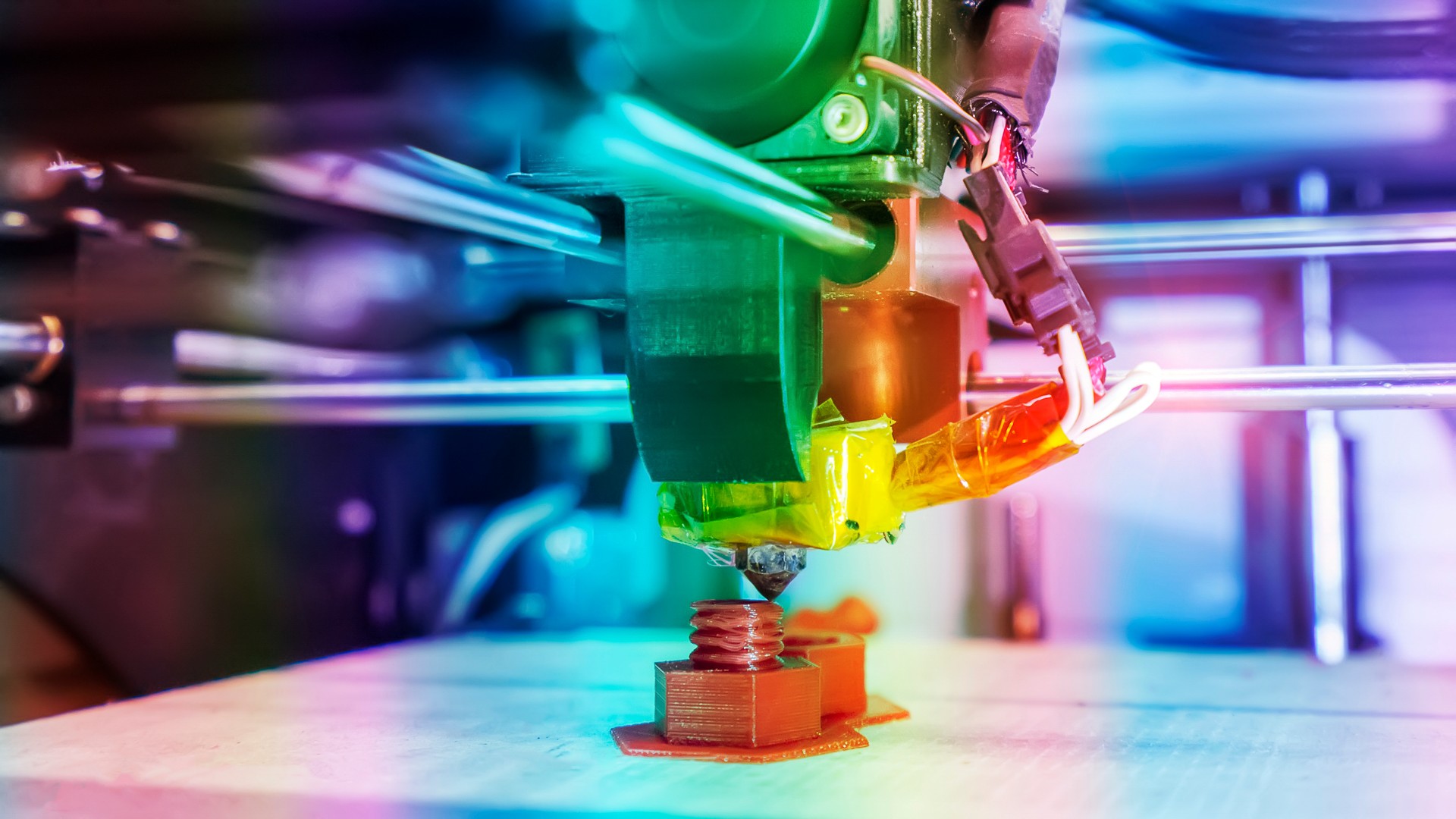
Studying this master's programme will give you the skills to design better products and services, improving and making a real difference to people's everyday lives. It is user-centred and sustainability-oriented, with a holistic systems perspective on product development.
A strong focus on the interplay between people, technology, and design will give you the unique combination of skills required to work within the humanistic dimension of technology. With creativity, empathic ability, deep theoretical knowledge of human behaviours, and a sense of responsibility regarding the potential solutions, you will be highly sought-after and uniquely well-equipped to tackle a wide variety of diverse challenges.
Industrial design engineering master's programme at Chalmers
The master's programme Industrial design engineering at Chalmers will give you the skills to design better products and services, which can provide meaningful user experiences and improve people's everyday lives. The programme is user-centred and sustainability oriented, with a holistic systems perspective on product development.
The Master’s programme in Industrial design engineering is based on industry demand for effective and efficient product development processes with a strong user focus to ensure commercially successful products, as well as societal demands for a transition towards a more sustainable society with regard to environmental impact and people’s well-being.
This means that the programme aims to prepare students for a professional career designing products, product service systems, and interactions in varying contexts. Within the programme, students are given the opportunity to enhance their ability to handle complex design problems and design innovative, user-centred, sustainable solutions. The programme strives for students to develop knowledge of state-of-the-art theories, methods, and tools as well as hone their practical skills through application in hands-on projects. In addition, the programme also aims for students to develop their ability to make informed design decisions, balancing demands from users, industry, society and the environment in an integrated systems perspective.
The programme is suitable for students who are interested in working to make people’s experiences richer and lives better through the technology they use. As the programme offers advanced level education in user-centred design, the programme requires students to be already familiar with the design process, the theoretical basics in industrial design and human factors engineering, as well as traditional technological know-how.
The strong focus on the interplay between humans, technology, and design gives you unique competence to work with the human dimension of technology – a highly sought-after quality. This competence is a mix of creativity, empathic ability, deep theoretical knowledge on human preconditions and sense of responsibility for the solutions.
During the education you get to train your ability to see problems from multiple perspectives and work with strategy as well as details which opens up for truly innovative solutions, realised in different mediums from physical consumer products and work equipment, to design of services, interactions, workspaces and processes.
The programme integrates theoretical and methodological studies with applied project work where the acquired knowledge is applied in practice, often in collaboration with companies outside Chalmers. The result is students equipped with a large toolbox full of methods, tools, and theories, as well as knowledge/skill on how to adapt the basic design process to a wide variety of design problems with different focus, resources and scales.
Topics covered
The subjects of product development and sustainable design are fundamental areas in the Industrial design engineering master’s programme. The courses included in the programme plan handle topics such as ergonomics, human factors engineering, user-centred design and usability.
Career
Graduates from the programme work with user-centred development in industry, either in-house or as consultants. Common job titles are UX-designer, UX architect, product designer, service designer, product planner, product manager, human factors specialist, and design team leader.
The industries and applications vary greatly. You will be able to create interfaces for advanced systems in the vehicle industry, develop essential systems for power supply and traffic control and invent innovative services in healthcare and mobility. Others design meaningful and attractive consumer goods and electronics. Some graduates also work with design and human factors research in an academic context.
Research
The programme is unique among design programmes in its solid theoretical foundation encompassing both state-of-the-art design theories and methodologies and underlying basic theories about humans, form, technology and the interplay between them. You will be encouraged to absorb the latest design research findings and contribute to this rapidly developing field through your own work.
The field of technology, industrial design and human factors engineering also provides a variety of subjects suitable for research. The combination opens up opportunities for research on issues that are important for the user’s understanding of a product or a system, as well as needs, requirements and safety
Find out more about research in Industrial and materials science
Requirements

How to apply - From application to admission
This is a step-by-step guide on how to apply for a Master's programme at Chalmers University of Technology.
